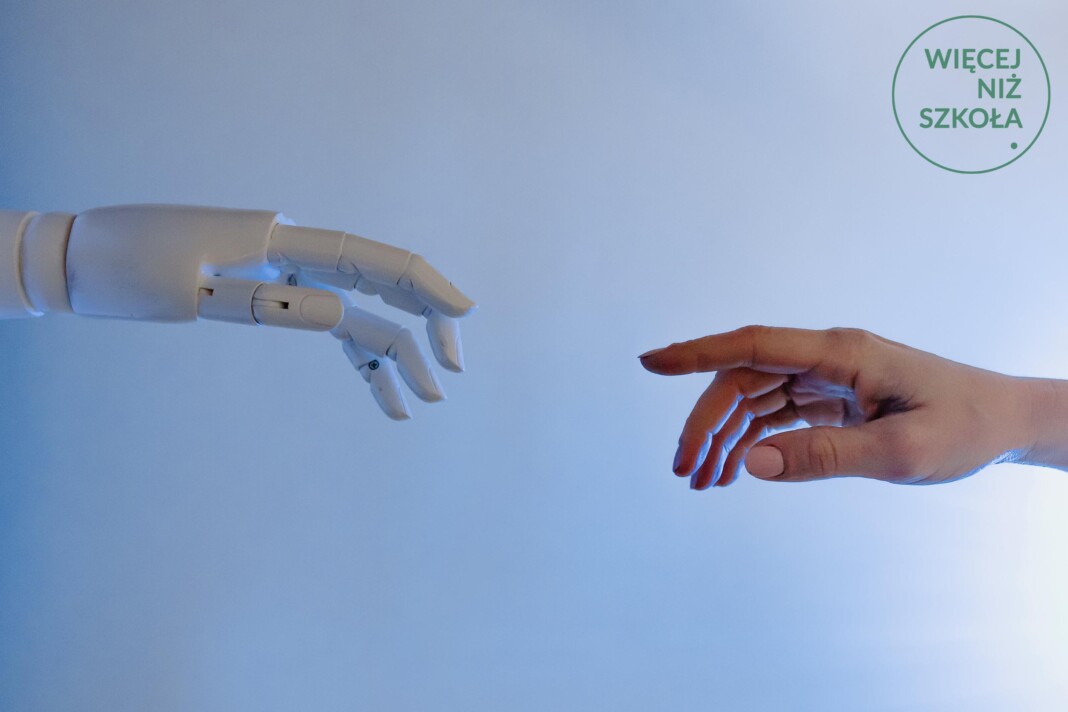Wiele się ostatni mówi o sztucznej inteligencji, o szansach na rewolucyjnych zmiany na lepsze, jakie za sobie AI niesie, lecz i o jeszcze większych potencjalnych zagrożeniach. Jak będzie? Zobaczymy. Tymczasem publikujemy artykuł Ania Zając z klasy 2b, która zastanawia się, czy sztuczna inteligencja ma szansę zastąpić w przyszłości lekarzy. Zachęcamy do zapoznania się z jej opinią.
===================
Can Artificial Intelligence replace doctors?
Recently a group of Polish scientists have created an algorithm for Artificial Intelligence to recognize breast cancer. Their algorithm can tell the probability of getting breast cancer by only examining women’s MRI photos. That means no need for the usual steps, like taking scans every year or undergoing a biopsy procedure. AI can also detect cancer at its earlier stage and when it is more treatable. If cancer is detected at the early stage, it is more possible for a patient to heal completely. It has also an economic benefit – if cancers are detected early, patients don’t have to pay for operations, treatments or doctor appointments. AI can also state if the cancer is aggressive or not. Doctors, specialists and programists are working on developing algorithms for other types of cancers.
One of above mentioned Polish scientists is Jan Witowski, a well known scientist. In a conversation with Tomasz Rożek, a well known scientist and science promotor, he stated that AI diagnosis is better than the one done by radiologists.
Such interesting results have been achieved by others too. Swedish research proved that artificial intelligence is able to accurately detect 20 percent more breast cancers from mammograms than traditional screening readings by radiologists. AI is something that is going to be important in the future. It is already being developed in many medical centres.
So…
Is it at all possible for Artificial Intelligence to replace doctors?
In my opinion, AI won’t replace them, but definitely will help them a lot. It can also help with the shortage of physicians and burnouts among doctors. Some countries can’t afford radiologists in every hospital ant that’s where AI comes into action – it is much cheaper. In some hospitals AI works as an assistant and helps doctors by reducing stress and paperwork. AI is also used to communicate with patients.
On the other hand, Artificial Intelligence can’t offer empathy and trust. Programs and algorithms don’t have feelings which are necessary for helping ill people. Cancer patients need not only information but they need also emotional support and paying attention to their feelings, for example listening to their fears and being compassionate.
If AI took over some easier tasks, doctors could see more patients and give them help of better quality. What it cannpt do is to guide us through therapy and emotions, and that’s where we need doctors.
Ania Zając (2b)

















